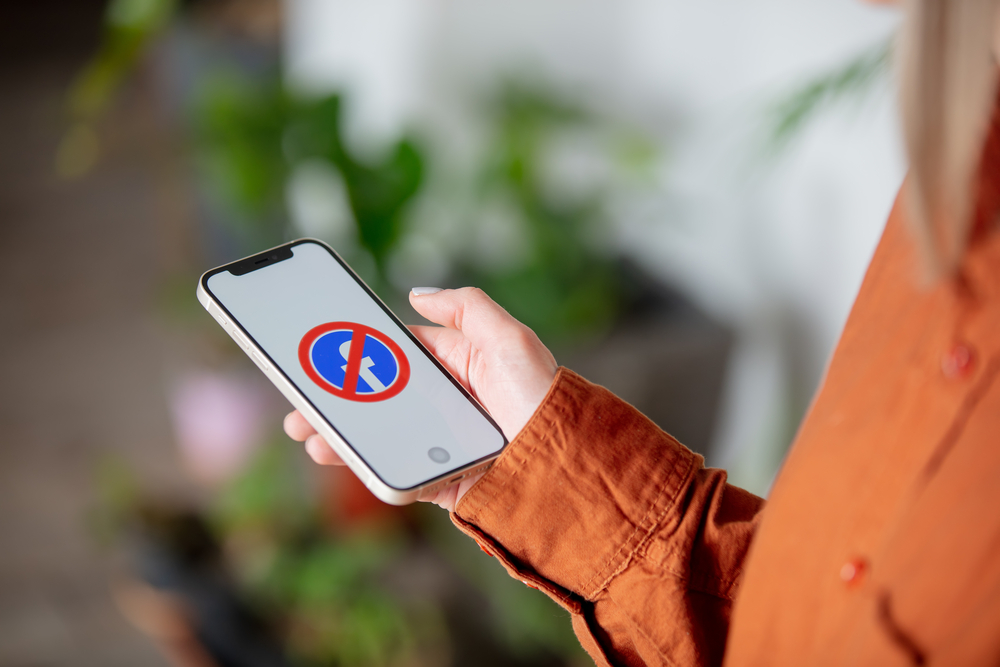 In today's digital age, social media has become an integral part of our lives. We share our thoughts, experiences, and even the minutiae of our daily routines with friends and followers across various platforms. While social media has undoubtedly transformed the way we connect and communicate, it has also introduced a new dimension to personal injury claims. What you post online can significantly impact your chances of receiving fair compensation for your injuries. In this article, we'll explore the dos and don'ts of using social media when pursuing a personal injury claim and highlight the importance of safeguarding your rights in the process.
In today's digital age, social media has become an integral part of our lives. We share our thoughts, experiences, and even the minutiae of our daily routines with friends and followers across various platforms. While social media has undoubtedly transformed the way we connect and communicate, it has also introduced a new dimension to personal injury claims. What you post online can significantly impact your chances of receiving fair compensation for your injuries. In this article, we'll explore the dos and don'ts of using social media when pursuing a personal injury claim and highlight the importance of safeguarding your rights in the process.
The Power and Pitfalls of Social Media
Social media platforms offer us the ability to share our lives in real-time, but they also create a digital footprint that can be used against us. Personal injury claims often hinge on the extent of the plaintiff's injuries, the impact on their daily life, and the liability of the responsible party. Insurance companies and defense attorneys are increasingly turning to social media to gather evidence that can weaken or even dismiss a claim. Here are some key considerations when it comes to managing your social media presence during a personal injury claim:
Privacy Settings Aren't Foolproof
Many people believe that adjusting their privacy settings to limit access to their profiles will protect them from prying eyes. While it's a good practice to maintain strong privacy settings, it's essential to understand that nothing on the internet is truly private. Even seemingly private content can be accessed or shared by someone with malicious intent. Moreover, your connections or friends on social media may inadvertently disclose information about your activities or condition.
Avoid Posting about Your Injury
One of the most crucial pieces of advice is to refrain from discussing your injury, accident, or claim on social media. Posting details about your injury, medical treatment, or legal proceedings can provide insurance companies and opposing parties with ammunition to undermine your case. They may argue that your injuries are not as severe as you claim or that your activities contradict the limitations you've presented.
Be Cautious about Sharing Photos and Updates
Visual content often speaks louder than words. Posting pictures or updates that suggest you're enjoying physical activities, social events, or vacations can be detrimental to your personal injury claim. Even innocuous photos of you smiling at a gathering can be misconstrued as evidence that your injuries are not as severe as you allege. It's best to avoid sharing such content until your claim is resolved.
Avoid Conversations about Your Claim
Engaging in discussions about your personal injury claim, even in private messages, can be risky. The content of these conversations may be subpoenaed and used against you in court. It's advisable to maintain a strict policy of not discussing your claim on social media or in any digital communication.
Regularly Review and Cleanse Your Social Media
Before pursuing a personal injury claim, it's a good idea to review your existing social media content. Delete or untag yourself from any posts, photos, or comments that could be used against you. It's crucial to create a consistent narrative that aligns with your claim.
Beware of Friend Requests and Follow Requests
During the course of your personal injury claim, you may receive friend requests or follow requests from individuals you don't know. Exercise caution and avoid accepting such requests. These individuals may be trying to gather information to undermine your case.
Seek Legal Counsel
Perhaps the most important piece of advice when navigating the complex intersection of social media and personal injury claims is to seek legal counsel early in the process. An experienced personal injury attorney, like those at The Harr Law Firm, can provide you with invaluable guidance on managing your online presence, protecting your rights, and building a strong case for compensation.
Protecting Your Rights in the Digital Age
In an era where sharing our lives on social media has become second nature, it's essential to exercise caution and restraint when involved in a personal injury claim. What you post online can have a profound impact on the outcome of your case. By following the dos and don'ts outlined in this article, you can protect your rights and improve your chances of receiving fair compensation for your injuries.
If you've been injured and are seeking compensation, don't hesitate to reach out to The Harr Law Firm. Our experienced team of personal injury attorneys can provide you with further guidance on building your case, navigating the complexities of social media, and protecting your rights as you pursue the compensation you deserve. Contact us today to schedule a consultation and take the first step towards securing the justice and financial support you need during this challenging time. Your future wellbeing may depend on the careful management of your personal injury claim, so trust the experts at The Harr Law Firm to advocate for you.